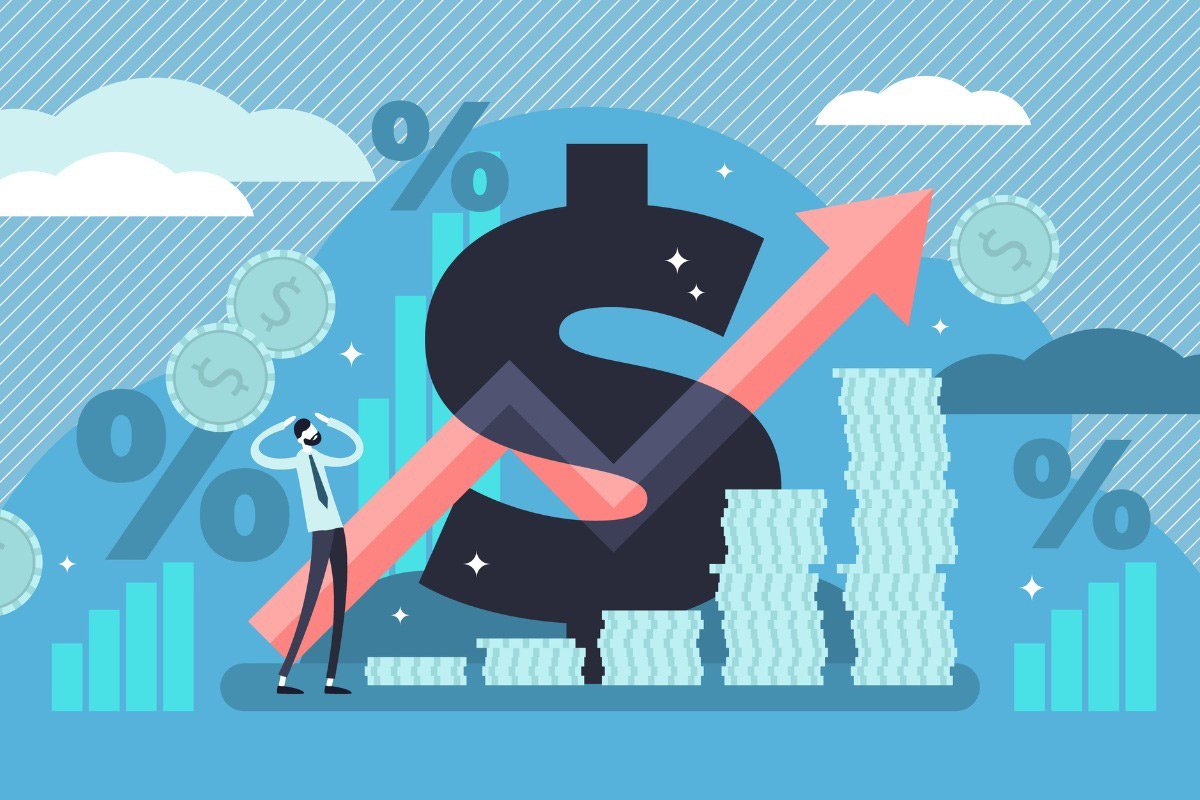Investing During Periods of Inflation
Investing During Periods of Inflation
By: Stacey Nickens
I logged onto my computer this morning, and the first headline to pop up read, “Is inflation set to soar this summer?” Investors have become increasingly concerned that inflation is on the rise, and these worries have been exacerbated by the Fed’s changing policies around inflation.
In August of 2020, the Fed declared that they would allow inflation to rise above their historical 2% cap in order to support the labor market and economy. Normally, the Fed would raise short-term interest rates when inflation hit 2%, but from 2010 to 2019, inflation was at historic lows. The average inflation rate during that decade was just 1.75%. Knowing this, the Fed made the decision to allow inflation to rise above 2% for a longer period of time before they would intervene.
With the change in the Fed’s policy, you may be wondering, “What is inflation, and how could it impact my portfolio?”
Inflation is an increase in the average level of prices in an economy. The Bureau of Labor Statistics publishes a monthly report called the Consumer Price Index (CPI). This index tracks fluctuations in price levels and is used to measure inflation rates in the United States. In April 2021, CPI rose 0.8%, a much larger increase than the expected 0.2% increase. This increase, largely due to a rise in food and energy prices, prompted concerns about inflation rising faster than expected.
However, some analysts believe the CPI is not a completely accurate measure of inflation. For example, CPI only rose 1.4% from January 2020 to January 2021. During that same time period, some prices increases at a much more rapid pace. In one segment of the economy, used car and truck prices increased 10%. Analysts accordingly wondered if CPI was accurately reflecting price changes across the entirety of the economy. With that being said, you might take CPI levels with a grain of salt.
Even still, inflation does impact the real rate of return on investments. For example, if your investments grew 8% in a year when inflation averaged 1.5%, your investments actually only grew by 6.5% during that time frame. Taxes would further reduce this rate of growth.
At the same time, inflation would decrease your purchasing power. Even if you’re earning the same income levels, higher inflation means your money has the ability to buy fewer and fewer goods.
So how do you invest in a manner that helps protect you against inflation? For one, you do may to consider the growth rate of your investments. For example, if you’re a risk-averse investor, you may be invested in “safer” vehicles such as bonds or money market funds. However, these investments tend to have lower rates of return, and if that’s the case, a bond or money market investment may not be able to outpace inflation. A money market fund earning a 2% annual return in an economy with a 2.5% inflation rate is actually not experiencing any annual growth. I give you this example simply to show the underlying inflation risk in traditionally low-risk investment vehicles.
Comparatively, “higher risk” investment vehicles, such as growth stocks in individual companies, may offer a hedge against inflation. Because these investment vehicles could experience higher growth rates in a given year, they may be able to compensate for rising inflation rates.
You might also consider looking at investments in industries that tend to grow in-line with inflation. Historically, natural-resource stocks perform more strongly in higher-inflation eras. You could accordingly look at investments in energy companies, such as Chevron, or in agriculture companies, such as Caterpillar and Deere. Caterpillar and Deere may also experience further growth during the next few years as the United States increases its investments in its infrastructure.
Real estate is also a popular investment during inflationary periods. Because landlords have the ability to raise rents, real estate investments can theoretically compete with rising price levels. Real estate investment trusts, otherwise known as REITs, could give you exposure to this segment of the market.
As always, I consider inflation levels in building out my clients’ portfolios and financial plans. If you have any questions or concerns about how inflation may impact your financial situation, please contact Elm3 to discuss further.







